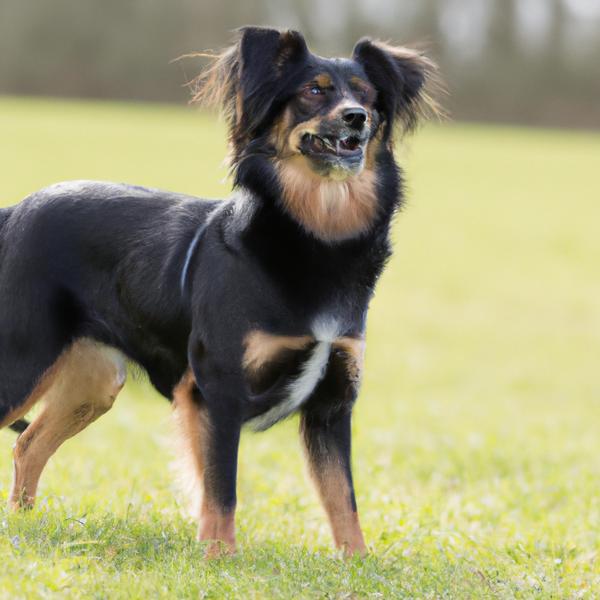Schipese vs. Basston: Breed Differences and Similarities
Hypoallergenic
Are Schipeses or Basstons hypoallergenic, or neither?
Unfortunately, neither Schipese nor Basston are hypoallergenic, which may not make them the best choice for dog lovers who suffer from pet allergies.
Temperament
What are the personalities of Schipese and Basston dogs?
Active
Curious
Playful
Independent
Agile
Intelligent
Confident
Responsive
Docile
Gentle
Tempered
Sweet
Fearless
Faithful
Easygoing
Playful
Intelligent
Friendly
Affectionate
Devoted
Lively
Gentle
Tempered
Sweet
Aggressive
Tenacious
Shedding Level
Do Schipeses shed more than Basstons, or which breed sheds more, Schipeses or Basstons?
Schipeses are low shedding dogs, requiring minimal coat care.
Basstons are moderate shedders, but regular brushing can reduce shedding and maintain coat health.
Watchdog Ability
Which dog breed makes a better watchdog, the Schipese or Basston?
Avoid Schipeses as watchdogs - they're not effective.
Basstons are decent watchdogs - they'll alert their owner if something seems amiss.
Ancestry
What are the origins of Schipese and Basston breeds?
Maltese and Schipperke
Boston Terrier and Basset Hound
Breed recognition
Which kennel clubs recognize/register Schipese and Basston?
ACHC = American Canine Hybrid Club
DBR = Designer Breed Registry
DDKC = Designer Dogs Kennel Club
DRA = Dog Registry of America, Inc.
IDCR = International Designer Canine Registry®
ACHC = American Canine Hybrid Club
DDKC = Designer Dogs Kennel Club
DRA = Dog Registry of America, Inc.
IDCR = International Designer Canine Registry®
Date of Birth
When were Schipese and Basston breeds first developed?
Unknown
unknown
Litter Size
What is the usual litter size for Schipese and Basston?
A Schipese can have a litter of 3-7 puppies on average. However, it's worth noting that the size of the litters can vary greatly. Factors that can influence litter size include the health of the mother, breeding history, and genetics.
A Basston can have a litter of 6-8 puppies on average. However, it's worth noting that the size of the litters can vary greatly. Factors that can influence litter size include the health of the mother, breeding history, and genetics.
Adaptability
Schipese and Basstons are known for their adaptability and versatility. They are capable of adapting well to a wide range of lifestyle changes and living environments, making them great companions for families and individuals of all lifestyles.
Health Issues
Between Schipese and Basston, which breed is more prone to health problems?
Schipese and Basston breeds are generally considered to be healthy. However, like all breeds, they are susceptible to certain health issues and it is important to keep an eye out for them and address them with your veterinarian as needed.
Major Concerns
What are the major health concerns for Schipese and Basston breeds?
Distichiasis
Patent Ductus Arteriosus (PDA)
Dental Problems
Elbow Dysplasia
Obesity
Brachycephalic Syndrome
Minor Concerns
What minor health issues should be kept in mind when owning Schipese and Basston?
Entropion
Ectropion
Portacaval Shunt
Hypoglycemia
Hypothyroidism
Legg-Calve-Perthes Disease
Shaker Dog Syndrome
Progressive Retinal Atrophy (PRA)
Cherry Eye
Cataracts
Glaucoma
Hydrocephalus
Occasional Tests
What occasional tests are recommended for Schipese and Basston breeds?
Eye Examinations
BAER Testing
Blood Sugar and Thyroid Tests
X-rays or other radiographic imaging
Eye
Elbow
Eye Examination
Physical Examination
Energy
How do the energy levels of Schipeses and Basstons compare?
Schipeses are suitable for those with a balanced lifestyle as they have an average energy level.
Basstons are a good choice for a low-key lifestyle due to their low energy levels.
Social Needs
Schipese vs Basston social needs comparison
Schipese and Basston have above average social needs compared to other breeds. They thrive in environments where they have a lot of interaction with humans and other dogs.
Exercise Needed
Schipese vs Basston exercise need comparison.
Schipeses need only a small amount of physical activity, ideal for busy or elderly people or those with limited space.
Basstons need moderate physical activity and are great for families and active individuals.
Sleeping Need
Which of the two sleeps the most/least: Schipese or Basston?
Schipeses sleep less than other breeds but still need adequate sleep for good health.
Basstons have moderate energy levels and typical sleep patterns of 12-14 hours per day.
Tendency to Bark
Do Schipeses or Basstons bark more/less frequently?
Schipese dogs are generally less vocal than other breeds and only bark when necessary, such as to alert their owner or communicate.
Basstons are typically quiet and only bark when needed, such as to alert their owner or when in distress.
Mouthiness
Mouthiness Comparison: Schipese vs Basston?
Roaming urge
Schipese vs Labrador: Running away tendency?
Prey Drive
Schipese or Basston - which breed has a higher level of prey drive?
Tolerance of being left alone
Grooming
Which breed is easier to maintain in terms of grooming, Schipeses or Basstons?
The Schipese requires an average amount of grooming compared to other breeds.
The Basston has low grooming needs and is easy to maintain.
Intelligence
Comparing Intelligence: Schipeses vs Basstons
Schipeses are average in obedience intelligence but have a high IQ and may cause trouble if left unsupervised.
Basston has below average obedience intelligence, but they excel in understanding human emotions.
Sensitivity Level
How do Schipese and Basston compare in sensitivity?
This breed is sensitive and requires gentle handling and a calm home environment.
This breed is sensitive to its environment and best suited for patient and understanding families with a consistent routine.
Affection Dependance
Which is the more affectionate dog breed: Schipese vs Basston?
Apartment Friendly
Which breed is more apartment-friendly: Schipese or Basston?
The Schipese is a great apartment dog, thriving with sufficient exercise and time outside as part of their daily routine.
Basstons are good apartment dogs as long as they get enough exercise and stimulation outside of the apartment.
Child Friendly
Do Schipeses or Basstons have a friendlier temperament towards children?
Schipeses are good with kids if socialized and trained from a young age.
Basstons make excellent family pets for kids due to their gentle, protective nature and calm temperament.
Senior-friendly
Which dog is more suitable as a pet for the elderly - Schipese or Basston?
Cat Friendly
Do Schipese or Basston breeds have a better compatibility with cats?
Schipeses and Basstons are very cat friendly dogs. They generally make good companions for cats.
Dog Friendly
Which breed is more sociable with other dogs: Schipese or Basston?
Schipeses are friendly and active companions, and can be good family pets, though their friendliness towards other dogs may vary.
Basstons are generally very friendly towards other dogs, with a happy and affectionate temperament.
Pet friendly
How do Schipese or Basston dogs interact with other pets?
Stranger Friendly
Which breed is more friendly with strangers: Schipese or Basston?
Schipeses are friendly but may bark at strangers, and training is easy due to their intelligence.
Basstons are highly friendly around strangers.
Playfulness
Which breed is more playful between Schipese and Basston?
Schipeses are a playful breed that needs daily playtime to be happy.
Basstons have an average level of playfulness, enjoying playtime like most dogs but not excessively so.
Trainability
How do the trainability levels of Schipeses and Basstons compare?
Schipese and Basston dogs are usually easy to train, but may require consistency to fully obey commands.
Compare Schipese with other breeds
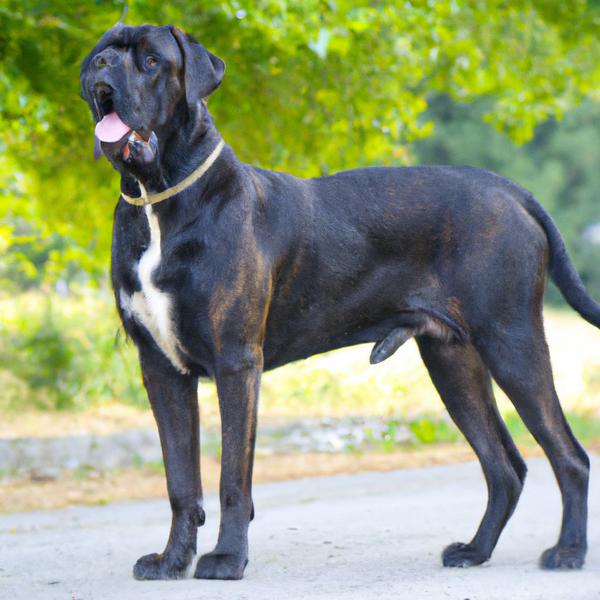
Weltador
Schipese vs Weltador
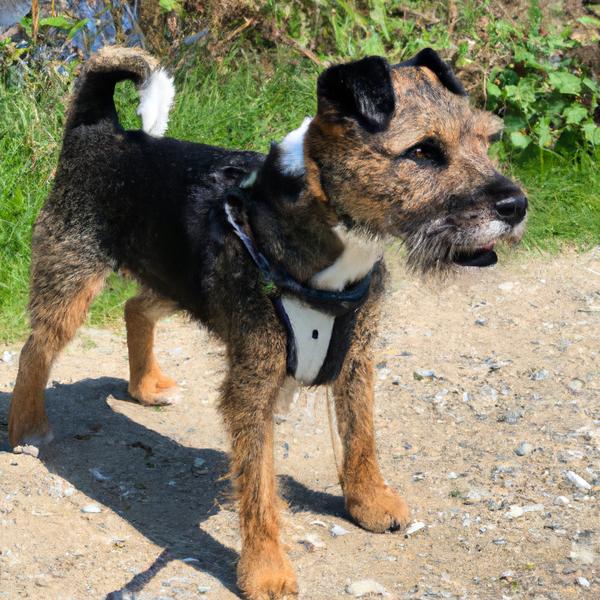
BT Walker
Schipese vs BT Walker
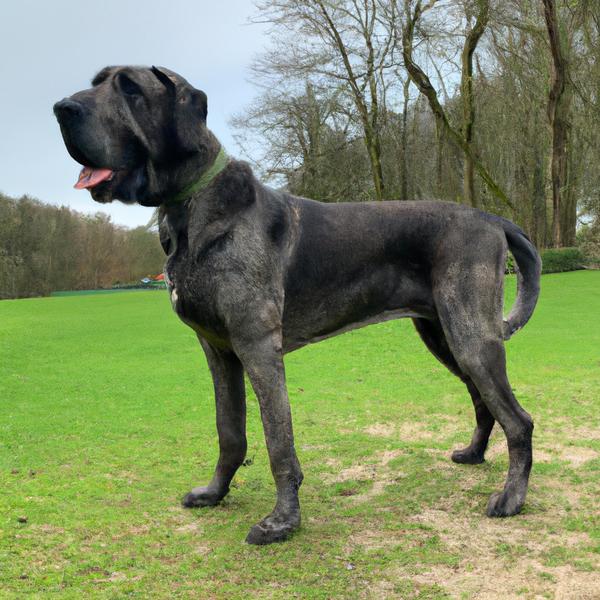
Giant Wauzer
Schipese vs Giant Wauzer
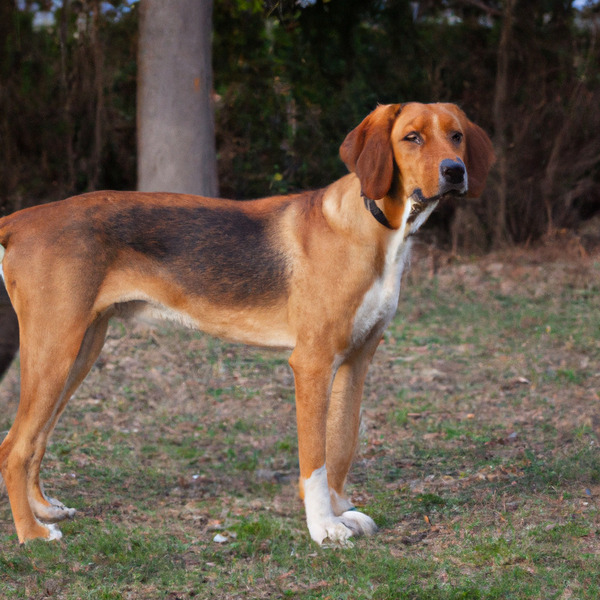
Serbian Hound
Schipese vs Serbian Hound
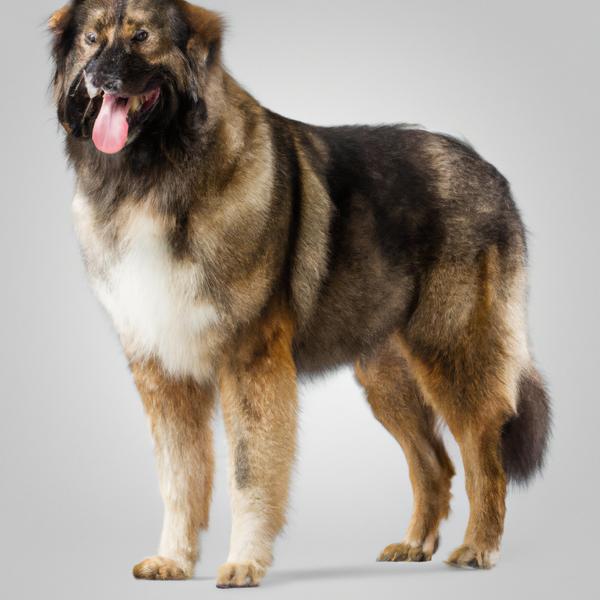
Great Cambrian Shepherd
Schipese vs Great Cambrian Shepherd
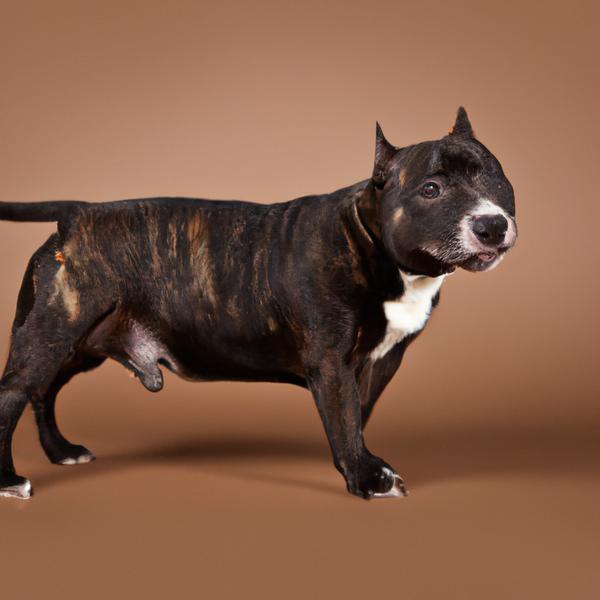
Scottish Staffish Bull Terrier
Schipese vs Scottish Staffish Bull Terrier
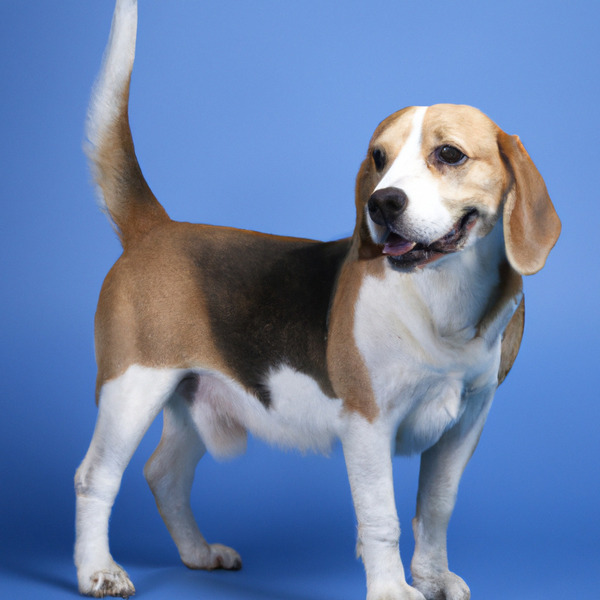
Kerry Beagle
Schipese vs Kerry Beagle
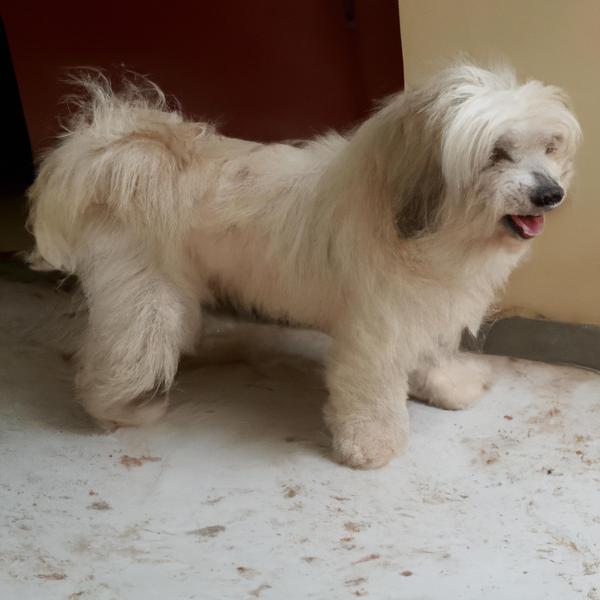
Poochin
Schipese vs Poochin
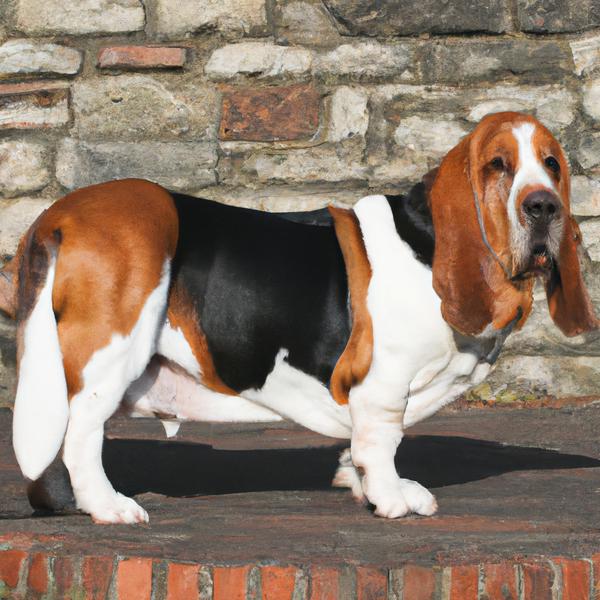
Basston
Schipese vs Basston
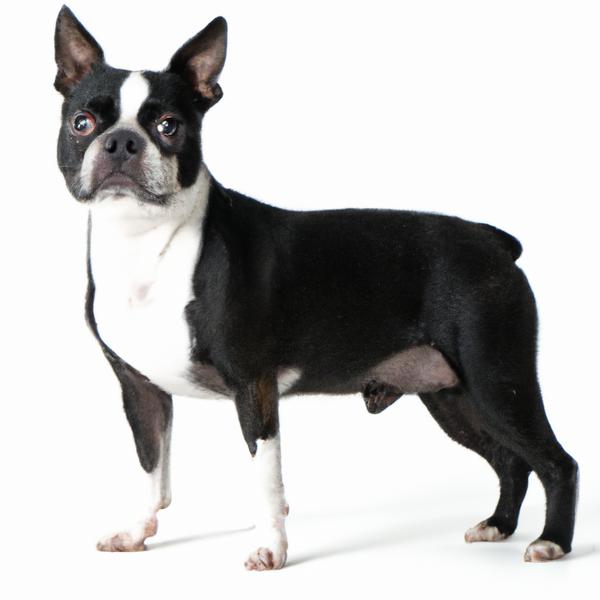
Boston Chin
Schipese vs Boston Chin
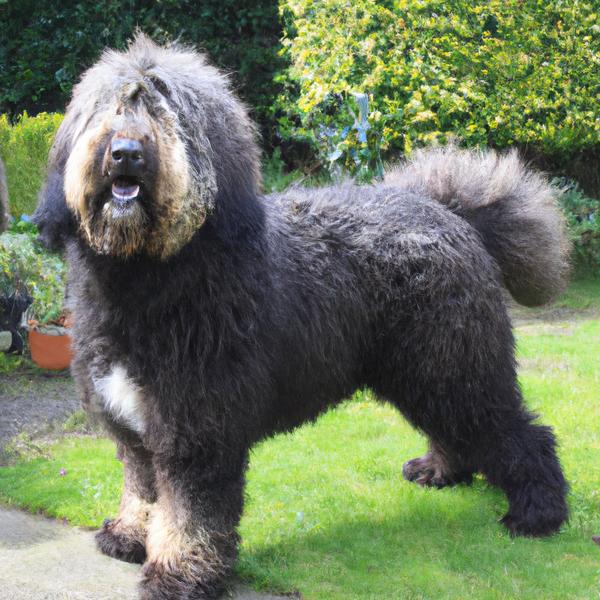
Cairnoodle
Schipese vs Cairnoodle
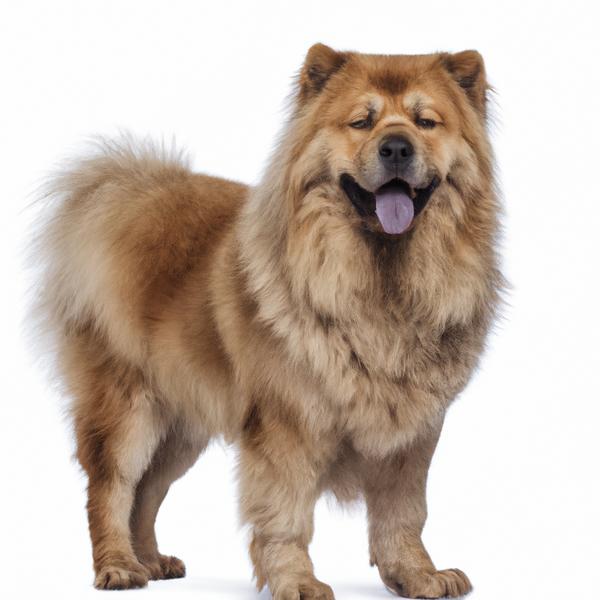
Cheenese
Schipese vs Cheenese
